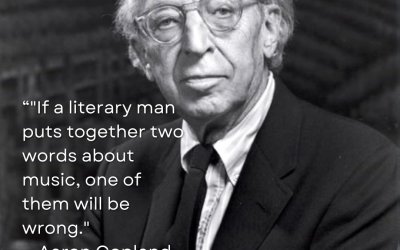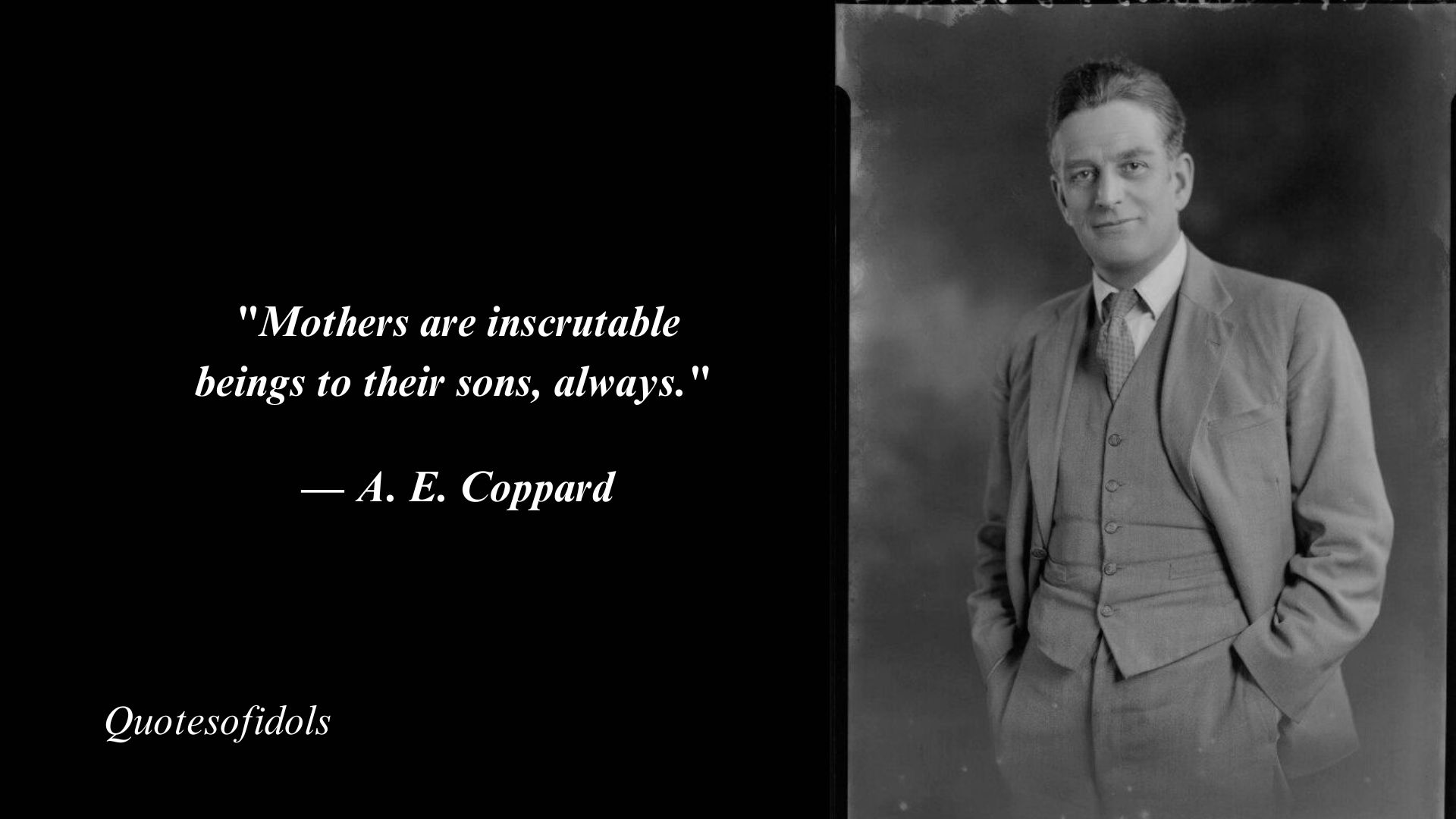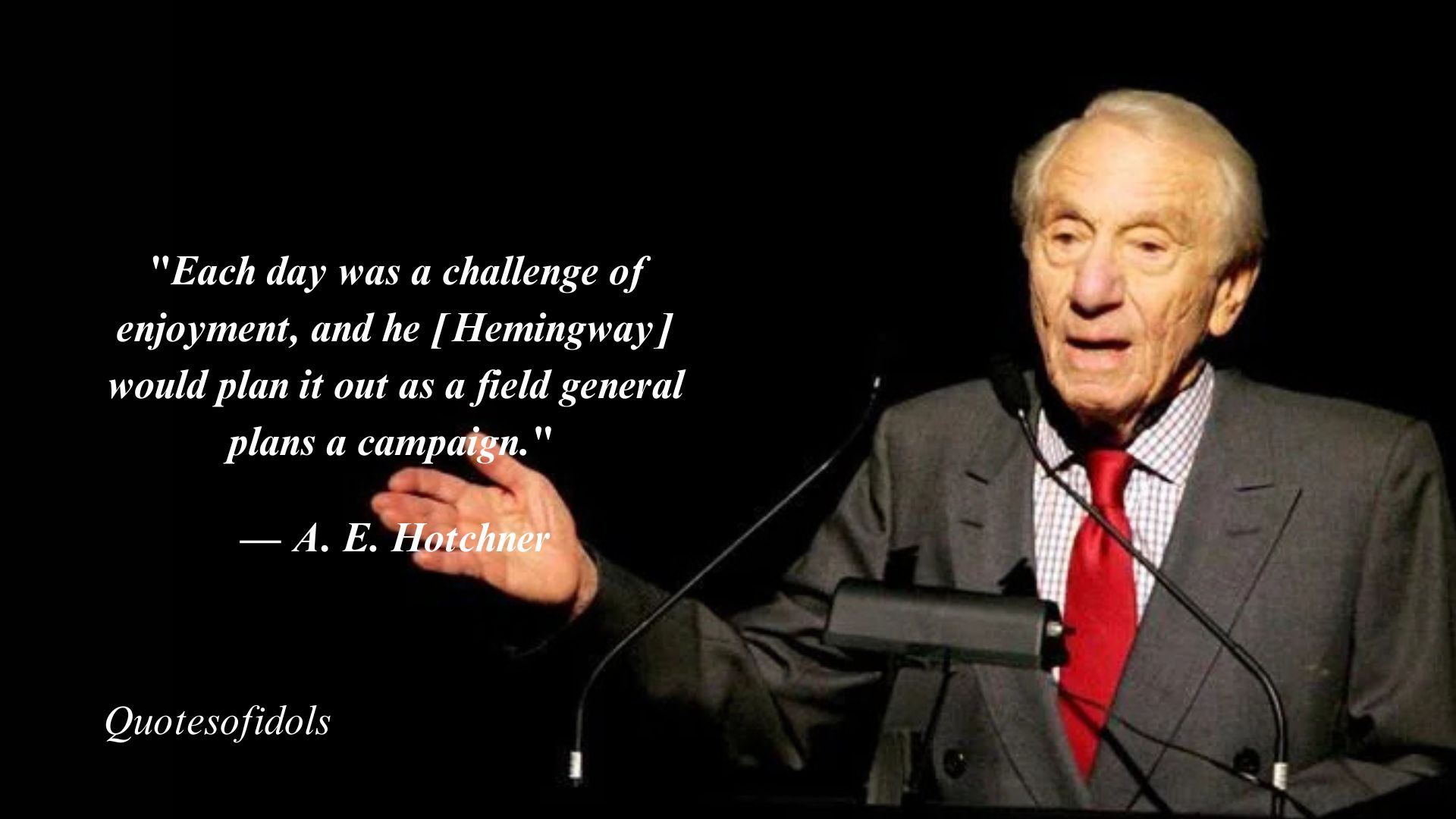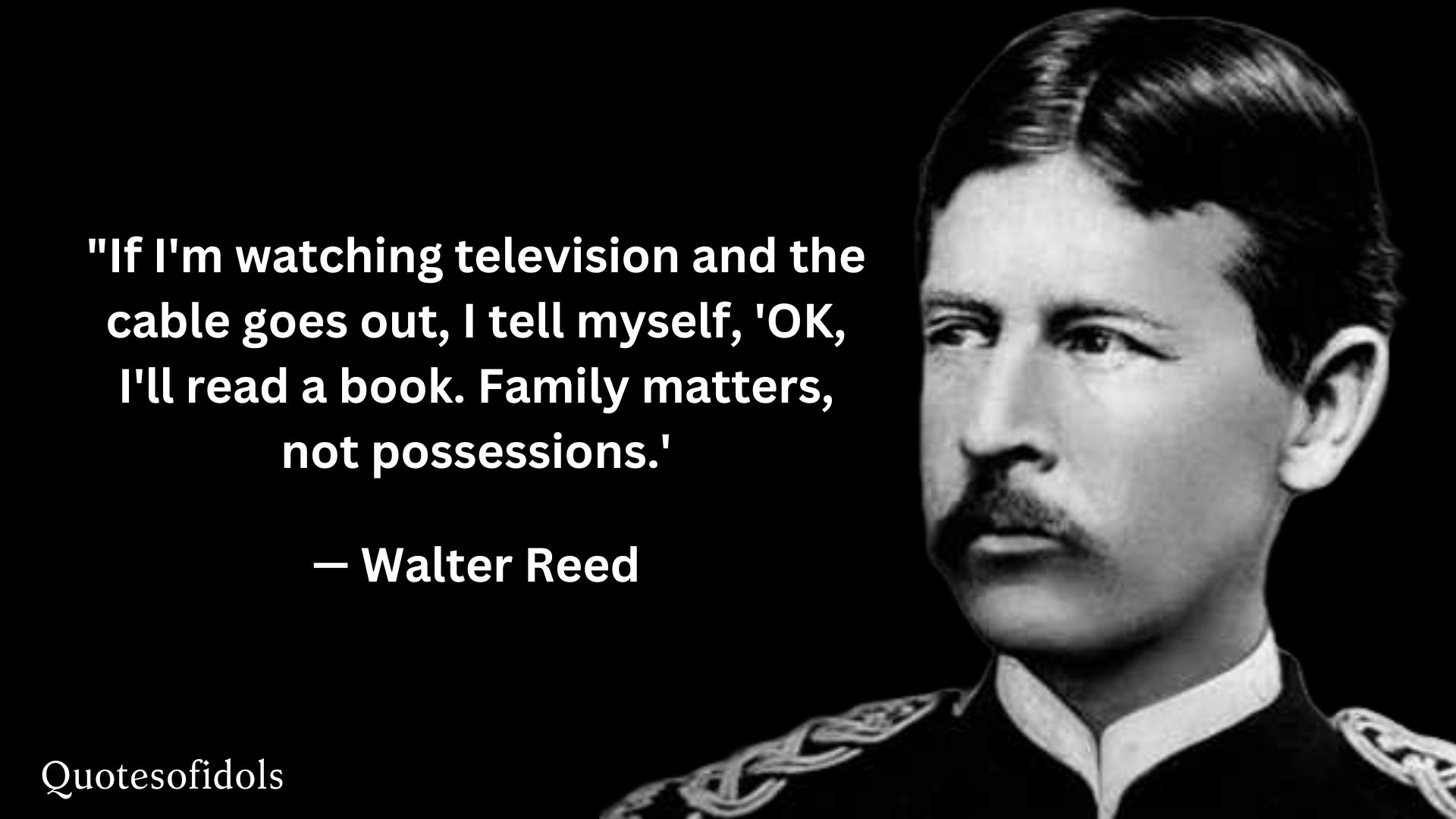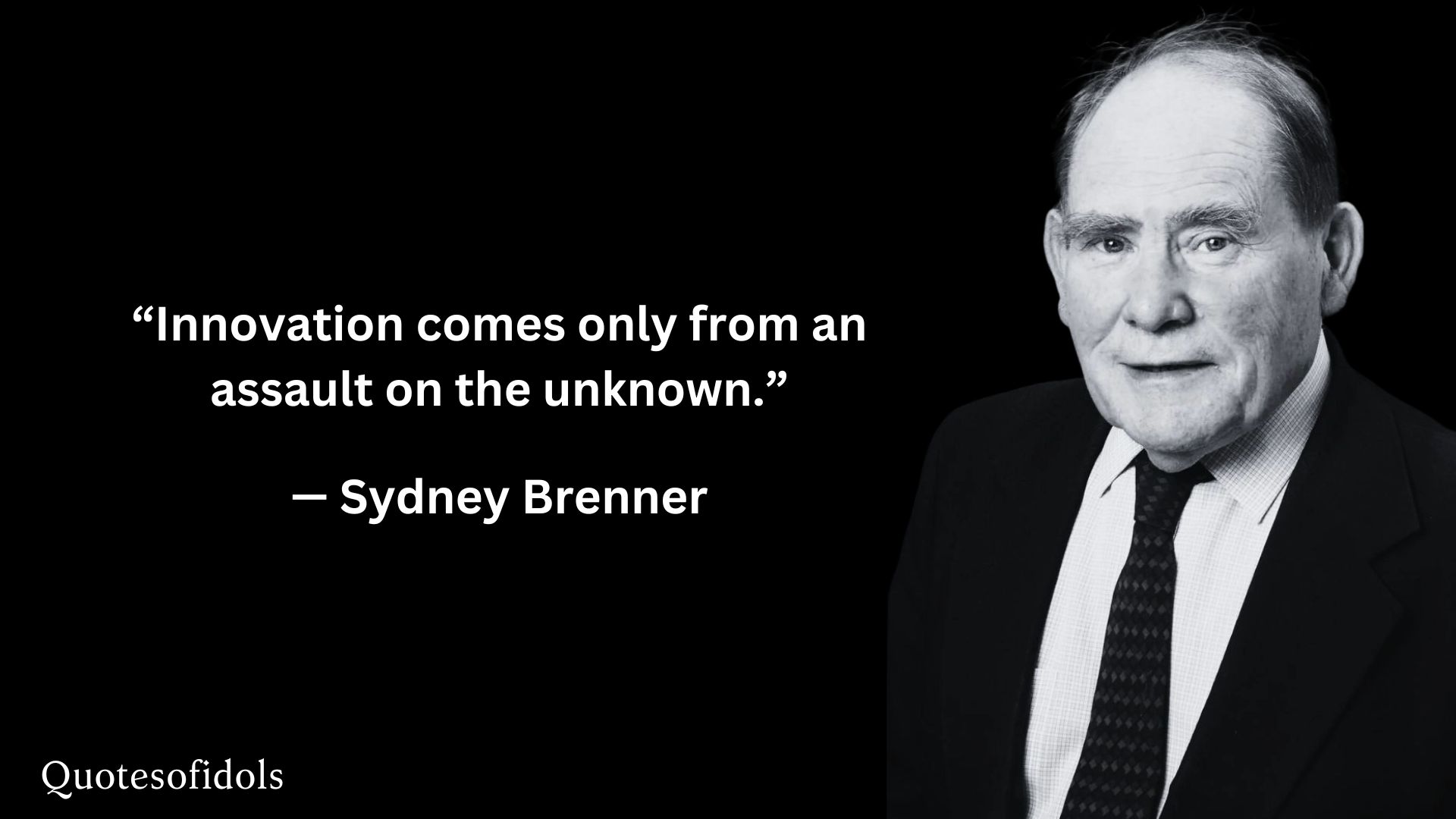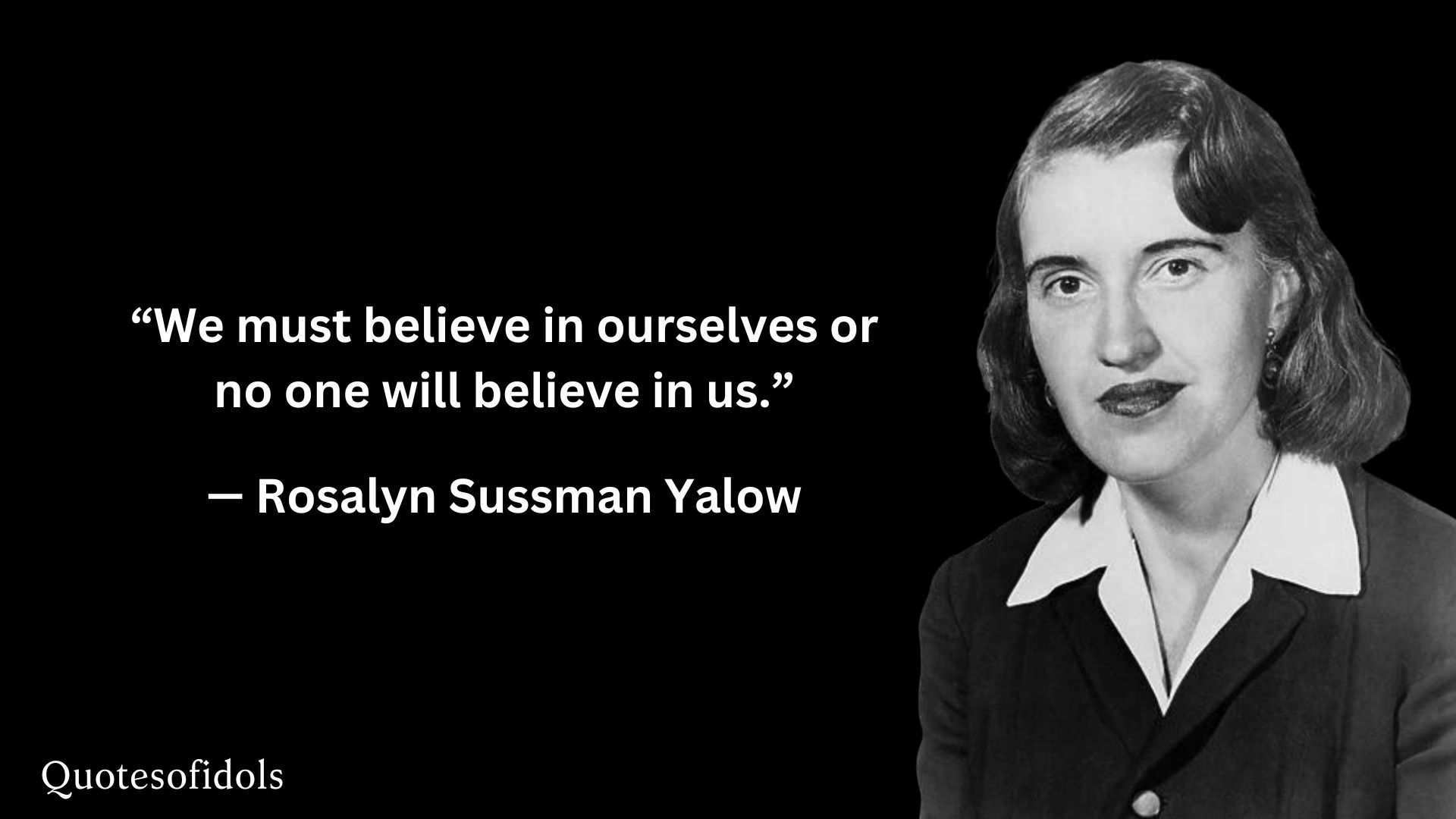Insightful Quotes by John Bardeen: The Legacy of a Nobel Laureate
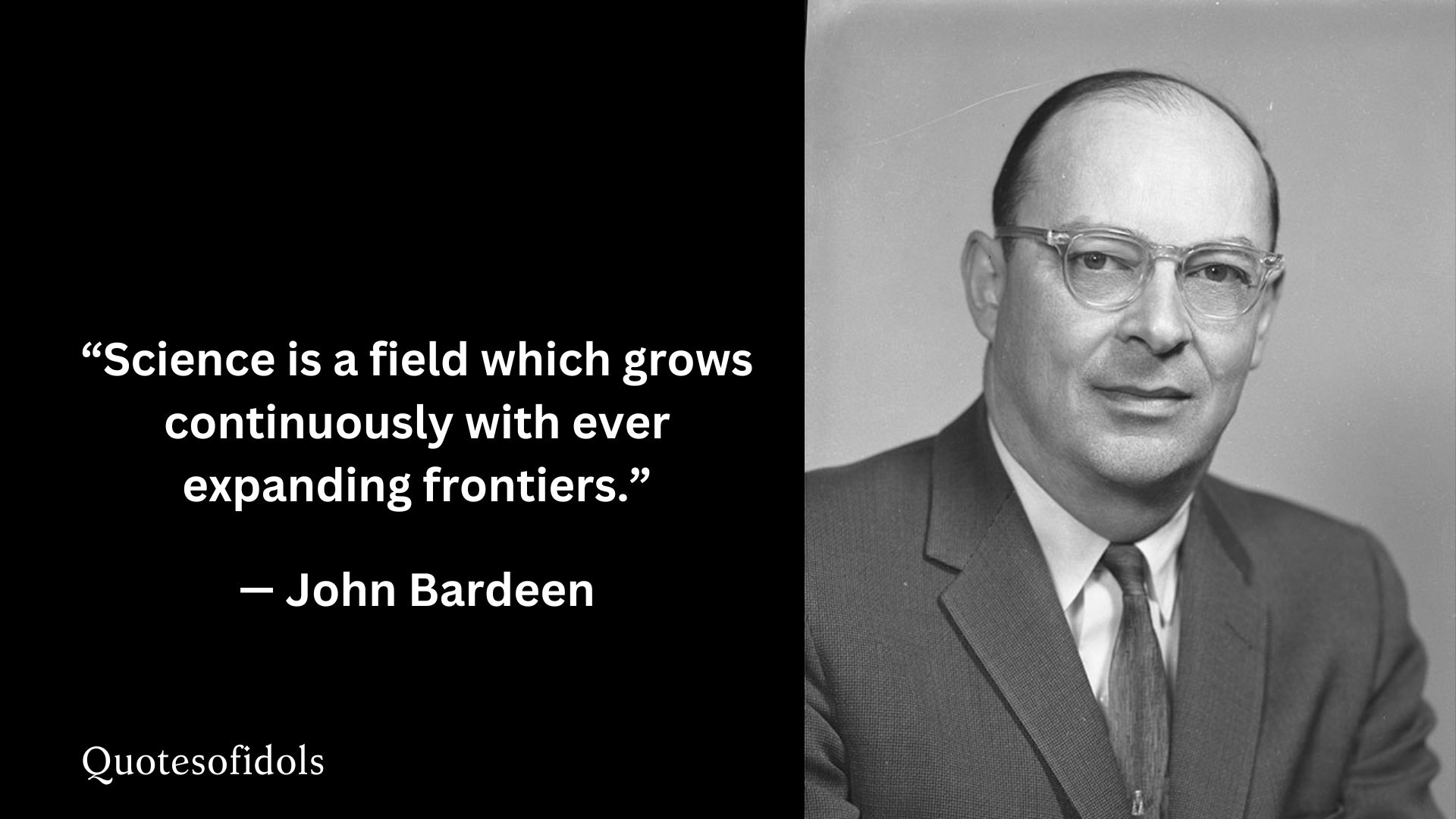
John Bardeen (1908–1991) was an American physicist and electrical engineer who was awarded the Nobel Prize in Physics twice, first in 1956 and then again in 1972, making him one of the few individuals to receive the honor multiple times. Born in Madison, Wisconsin, Bardeen’s early interest in science led him to pursue degrees in electrical engineering and mathematics.
John Bardeen Quotes
1. “Science is a field which grows continuously with ever expanding frontiers.”
— John Bardeen
2. “The Nobel awards should be regarded as giving recognition to this general scientific progress as well as to the individuals involved.”
— John Bardeen
3. “My earlier award was also based on a close collaborative effort.”
— John Bardeen
Bardeen’s first Nobel Prize was awarded for his co-invention of the transistor, a crucial component in modern electronics, while working at Bell Laboratories with Walter Brattain and William Shockley. This invention revolutionized the field of electronics and paved the way for the development of microelectronics and the digital age.
His second Nobel Prize recognized his theoretical explanation of superconductivity, known as the BCS theory, which he formulated alongside Leon Cooper and Robert Schrieffer. This theory provided a comprehensive understanding of how superconductivity occurs in certain materials, leading to significant advancements in the field of condensed matter physics. Bardeen’s contributions to science have had a lasting impact on technology and society.

